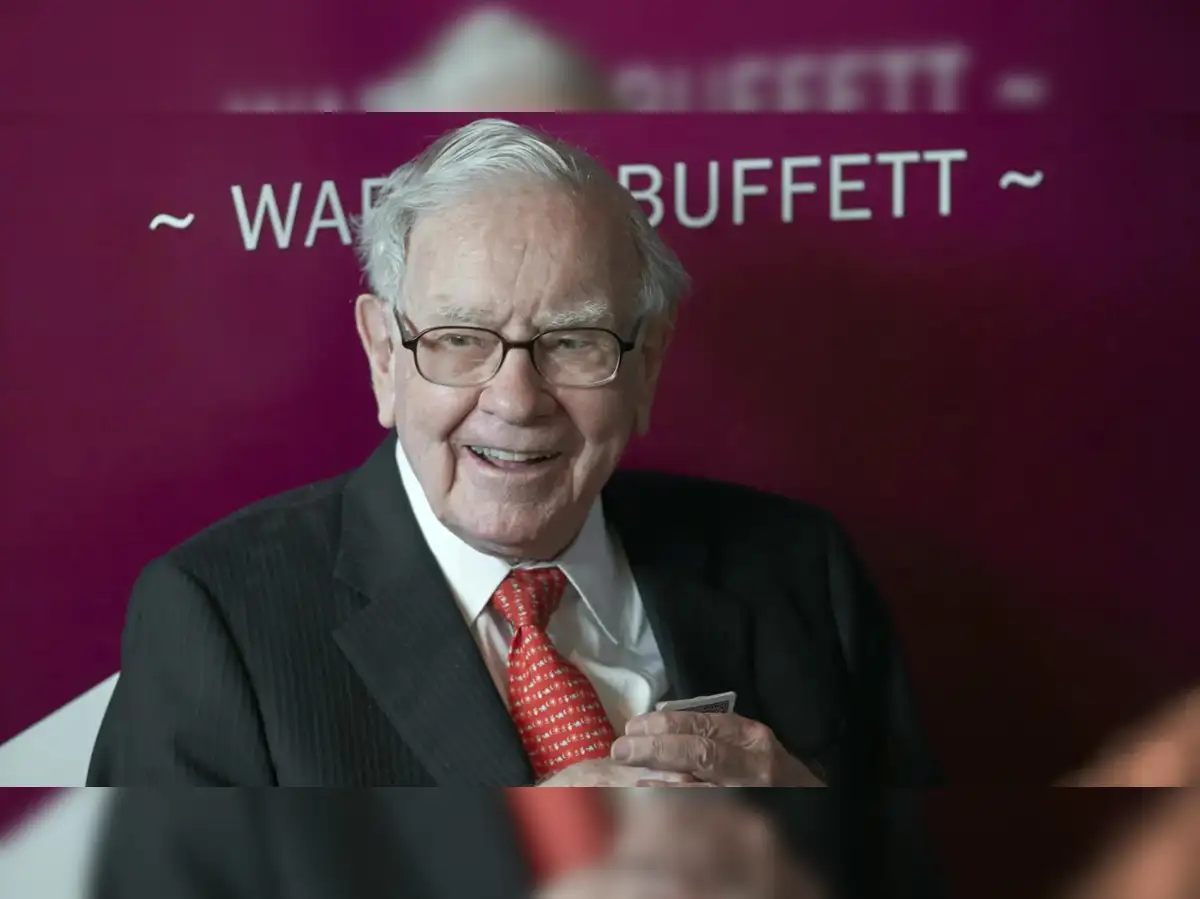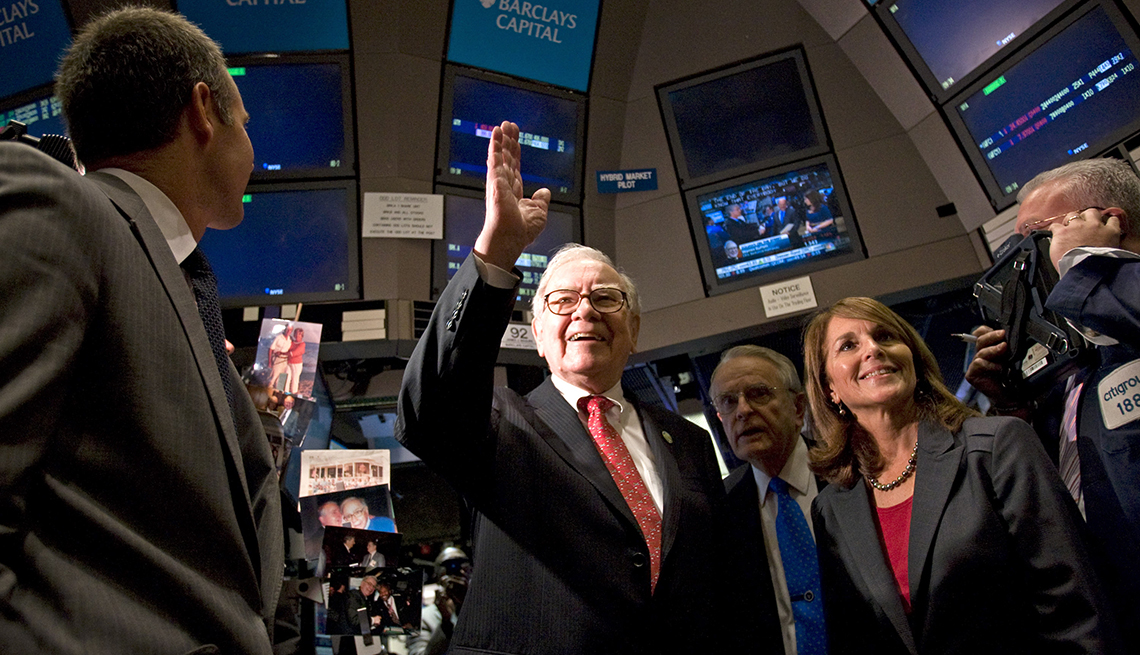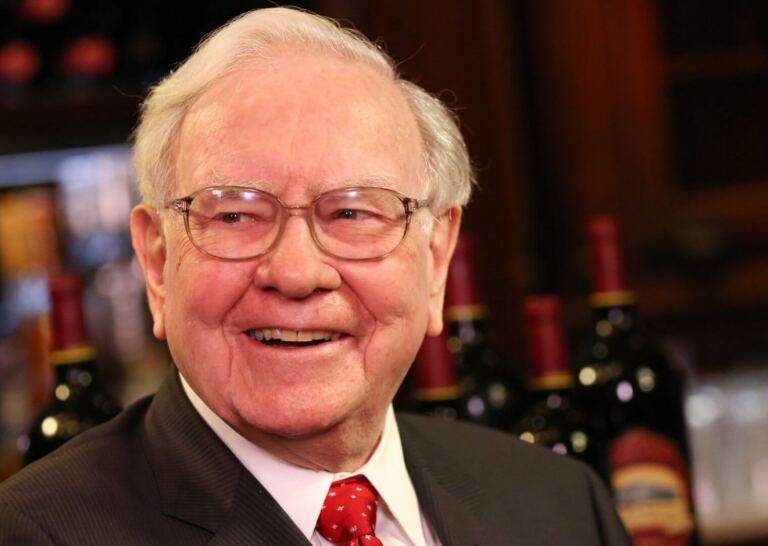
When it comes to building wealth, Warren Buffett stands as a beacon of financial wisdom. Known as the "Oracle of Omaha," Buffett has amassed a fortune that most can only dream of, yet his approach to wealth is refreshingly simple and grounded. Through his investment strategies and financial philosophies, Buffett offers a roadmap for those willing to listen, highlighting why many people struggle to get rich and how to avoid common financial pitfalls.
Warren Buffett's financial journey began at an incredibly young age. He bought his first stock at the tender age of 11, and by 13, he was filing his first tax return. Fast forward to today, and Buffett is one of the wealthiest individuals on the planet, with a net worth hovering around the $100 billion mark. His company, Berkshire Hathaway, is a testament to his keen investment acumen and disciplined approach.

One of the key reasons many people never achieve significant wealth, according to Buffett, is a lack of financial literacy. Understanding how money works and how to make it work for you is crucial. Buffett often stresses the importance of education—not just in school, but in life. He believes that financial education should be lifelong, urging people to read and learn as much as they can about investing and economics.
Another common pitfall is the failure to save and invest systematically. Buffett's philosophy is that saving should come before spending. He famously said, "Do not save what is left after spending, but spend what is left after saving." This simple yet powerful principle underscores the necessity of prioritizing savings and investments over discretionary spending.
Buffett also talks about the importance of patience and long-term thinking. In a world obsessed with quick wins and instant gratification, Buffett's approach is a breath of fresh air. He advocates for investing in what you understand, holding onto investments for the long haul, and not getting swayed by market fluctuations. His famous quote, "The stock market is designed to transfer money from the Active to the Patient," encapsulates this belief.
One of the misconceptions that Buffett addresses is the allure of complex investments. Many people assume that getting rich involves sophisticated financial maneuvers, but Buffett argues that simplicity is key. He often invests in businesses that are easy to understand and have a strong track record of performance. This strategy not only minimizes risk but also maximizes potential returns.

Another interesting aspect of Buffett's wealth-building strategy is his frugality. Despite his immense wealth, Buffett is known for his modest lifestyle. He still lives in the house he bought in 1958 for $31,500. This frugality extends to his investment strategy as well. He avoids unnecessary expenses and focuses on value—a practice that has earned him billions.
Market timing is another area where many aspiring investors falter. Buffett advises against trying to time the market, a notoriously difficult endeavor. Instead, he promotes the idea of staying invested and riding the ups and downs, as attempting to predict market movements often leads to missed opportunities and losses.
Moreover, Buffett emphasizes the importance of emotional discipline in investing. The stock market can be a rollercoaster of emotions, but successful investors remain calm and rational. Buffett's ability to stay grounded and not get swept up in market hysteria has been a significant contributor to his success.

Buffett also highlights the value of compound interest, which Albert Einstein reportedly called the "eighth wonder of the world." By reinvesting earnings and allowing investments to grow over time, investors can significantly increase their wealth. This principle of compounding, when combined with Buffett's long-term investment approach, is a powerful tool for wealth accumulation.
Lastly, Buffett's philanthropic efforts provide a broader perspective on wealth. He has pledged to give away the majority of his fortune to charitable causes, demonstrating that wealth is not just about accumulation but also about impact. His Giving Pledge, co-founded with Bill and Melinda Gates, encourages billionaires to commit to giving the majority of their wealth to address society's most pressing problems.
In conclusion, Warren Buffett's financial philosophies offer invaluable lessons for anyone striving to achieve wealth. By prioritizing financial literacy, saving and investing strategically, maintaining patience, and embracing simplicity, individuals can navigate the complex financial landscape more effectively. While many never get rich due to common pitfalls, those who heed Buffett's wisdom stand a much better chance of building lasting wealth and making a positive impact on the world.